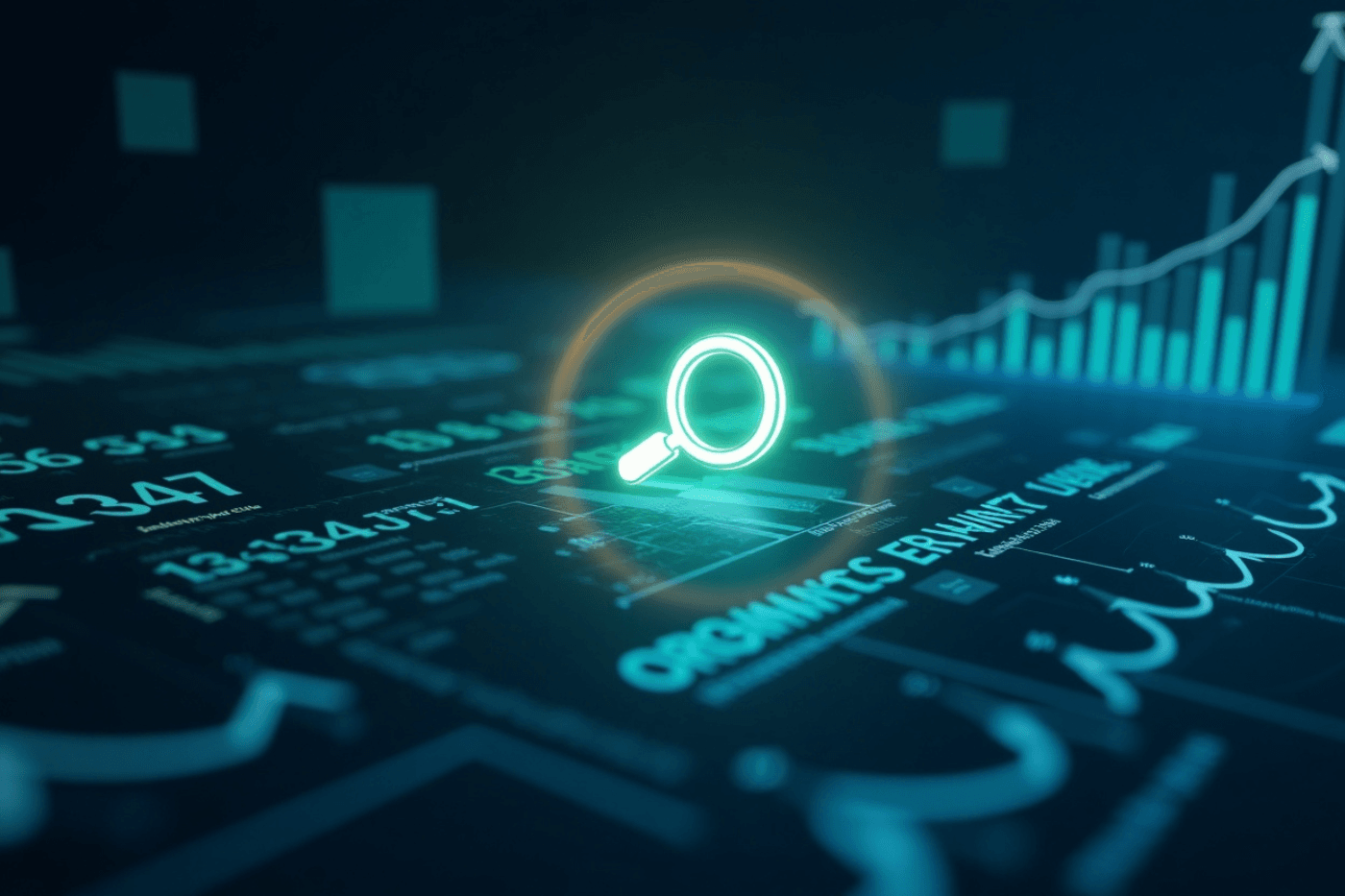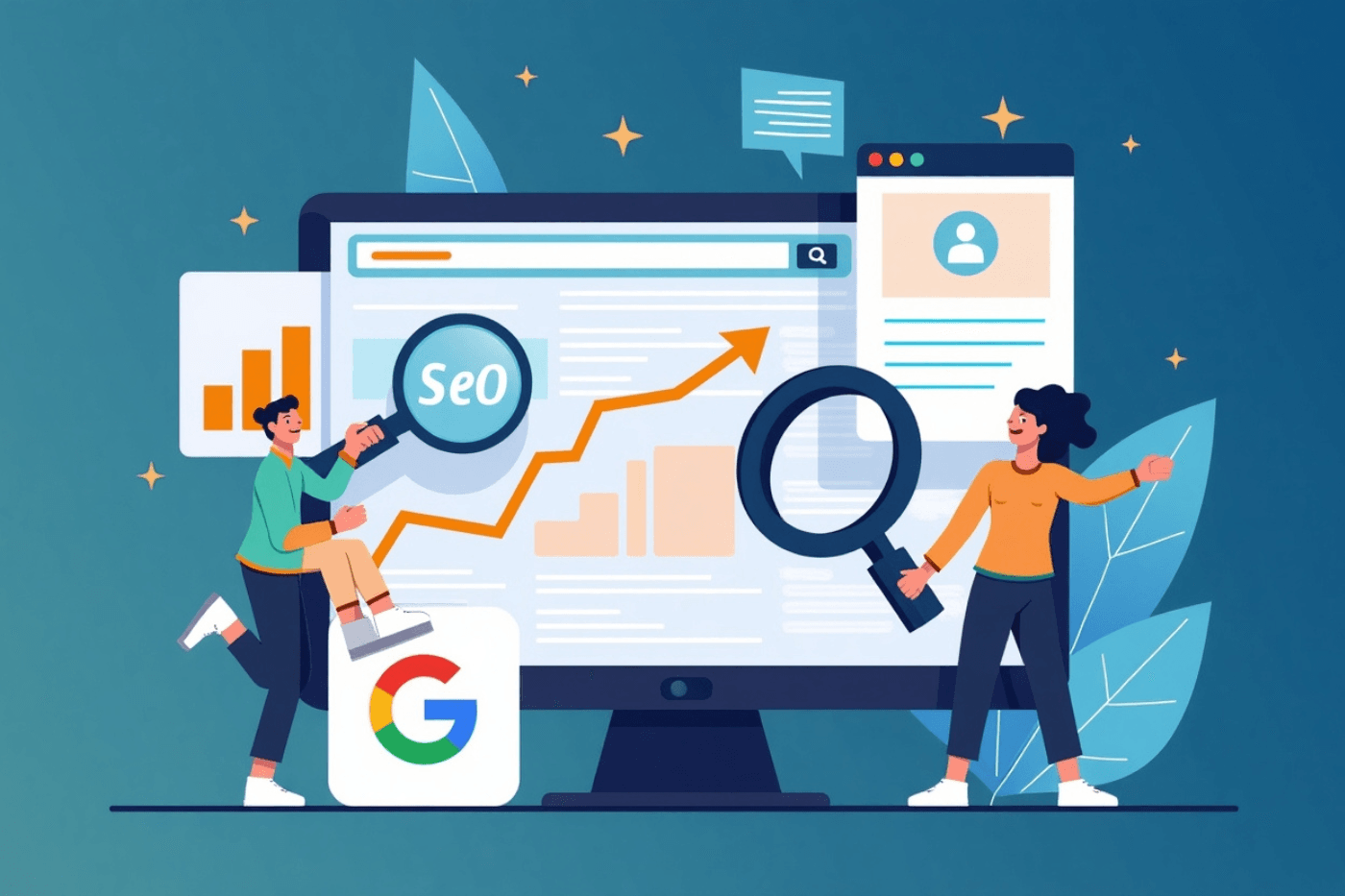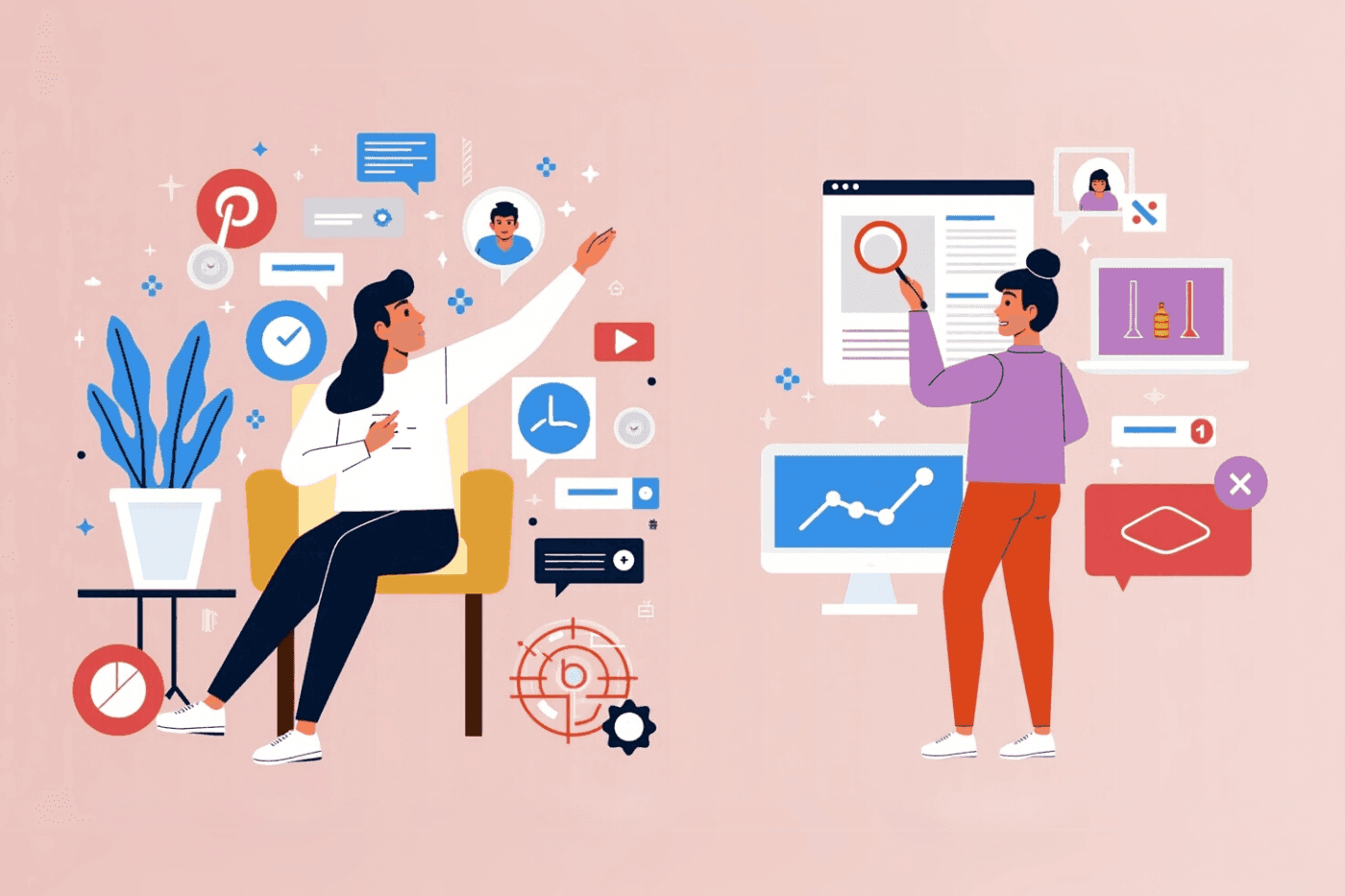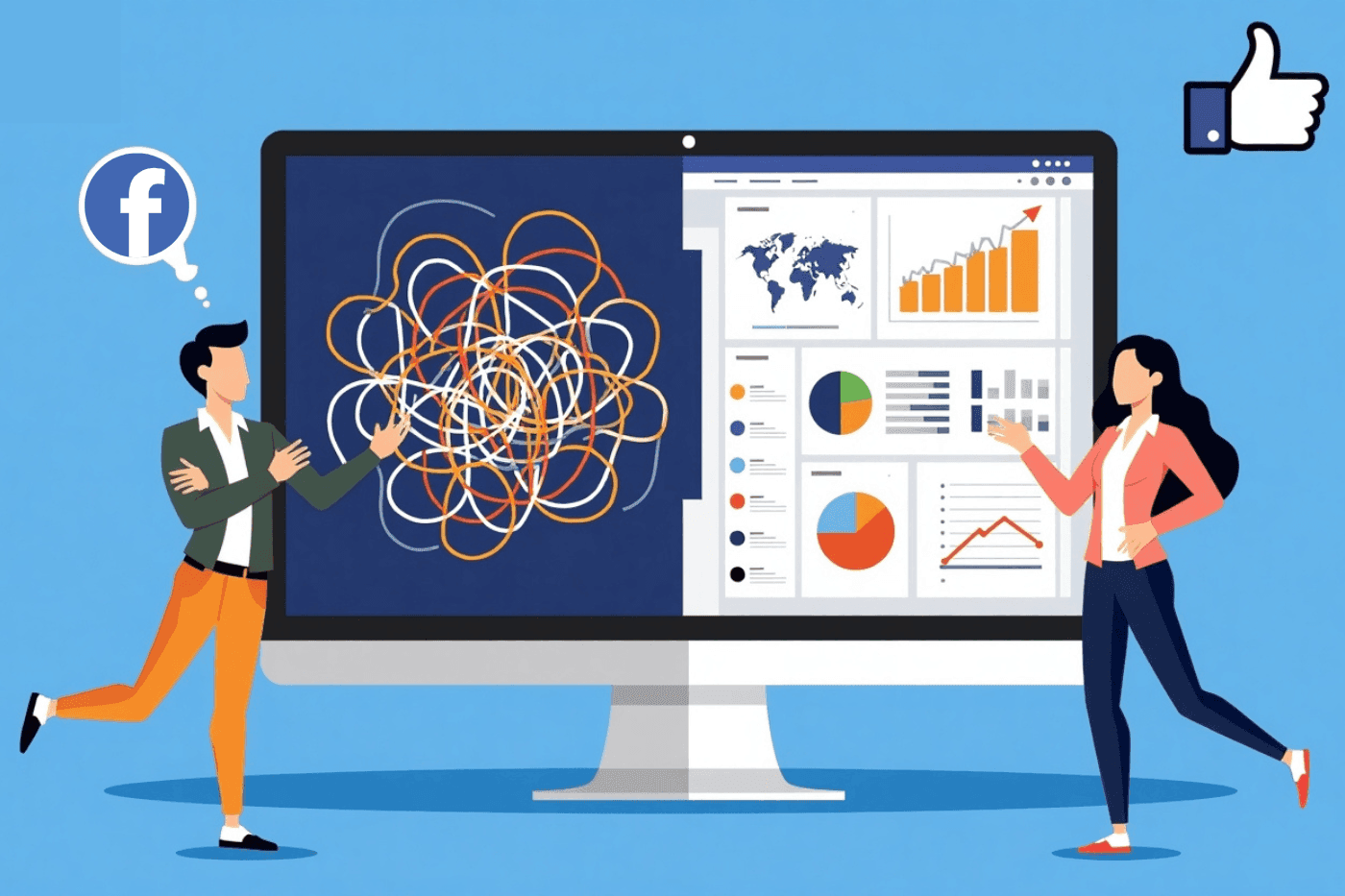
AI vs. SEO: The Game-Changing Future of Search Engine Optimization
March 20, 2025
Table of Contents
Introduction: AI and SEO – A Battle or a Transformation?
How AI is Revolutionizing Search Engines
The Impact of AI on Traditional SEO Strategies
AI-Powered Search Algorithms: Google’s Shift to AI SEO
Will AI Replace SEO Experts? Understanding the Real Threat
Future-Proofing Your SEO Strategy in the AI Era
Pros and Cons of AI in SEO
FAQs
Conclusion: Adapting to AI-Driven SEO
Introduction: AI and SEO – A Battle or a Transformation?
Search engine optimization (SEO) has long been the backbone of digital marketing. However, with the rise of artificial intelligence (AI), many experts are questioning whether AI is killing SEO or simply evolving it. AI SEO is reshaping how search engines rank content, how marketers optimize their websites, and how businesses compete in the digital world.
This blog delves into how AI is influencing SEO, the opportunities and threats it presents, and how digital marketers can adapt to stay ahead in this game-changing era.
How AI is Revolutionizing Search Engines
AI is no longer a futuristic concept; it’s an integral part of how search engines operate today. From Google’s Search Generative Experience (SGE) to AI-driven content analysis, here’s how AI is transforming search:
Understanding User Intent – AI-driven algorithms analyze user behavior, preferences, and patterns to deliver personalized search results.
Natural Language Processing (NLP) – AI enables search engines to understand and process conversational queries more effectively.
AI-Powered Ranking Systems – Search engines like Google use AI models like RankBrain and BERT to refine rankings.
Content Generation & Optimization – AI tools assist in writing, optimizing, and scaling content creation.
The rise of AI in search means that SEO strategies must evolve to remain relevant.
The Impact of AI SEO on Traditional SEO Strategies
Traditional SEO practices relied heavily on keyword optimization, backlink building, and technical SEO. However, AI is shifting these paradigms in several ways:
1. Keyword Research & AI
AI predicts search trends and user behavior, making traditional keyword research less effective.
Voice search and conversational AI demand a shift towards long-tail keywords and natural language queries.
2. Content Optimization
Google prioritizes helpful, human-first content over AI-generated text.
AI-generated content needs careful optimization to avoid plagiarism and duplicate content penalties.
3. Backlinking & Authority Building
AI tools like DeepMind’s algorithms evaluate link quality, reducing the effectiveness of spammy backlinking tactics.
Building brand authority and expertise (E-E-A-T) is now more crucial than ever.
AI-Powered Search Algorithms: Google’s Shift to AI SEO
Google has integrated AI into search algorithms through:
RankBrain – Analyzing search queries and ranking results based on user engagement.
BERT & MUM – Understanding the context of complex search queries.
Search Generative Experience (SGE) – AI-generated search results reducing organic traffic.
What This Means for SEO Experts?
Focus on high-quality, intent-driven content instead of keyword stuffing.
Optimize for AI-generated search snippets to stay visible.
Adapt to evolving search behavior (e.g., zero-click searches and conversational queries).
Will AI Replace SEO Experts? Understanding the Real Threat
While AI is automating many SEO tasks, it won’t replace human expertise. Here’s why:
Why AI Can’t Fully Replace SEO Experts
✅ AI lacks creativity, emotional intelligence, and deep industry-specific insights.
✅ Human SEO strategists understand branding, storytelling, and customer psychology.
✅ AI tools need supervision to ensure ethical and accurate content generation.
Rather than replacing SEO professionals, AI serves as a powerful tool to enhance efficiency and precision in SEO strategies.
Future-Proofing Your SEO Strategy in the AI Era
To stay ahead in AI SEO, implement these best practices:
Create Human-Centric Content – Prioritize valuable, engaging, and original content over AI-generated text.
Optimize for AI-Generated Results – Structure content for featured snippets, AI-powered search summaries, and voice search.
Invest in Semantic SEO – Focus on topic clusters, intent-based content, and conversational search queries.
Leverage AI Tools Wisely – Use AI-powered analytics, content optimization, and automation without compromising quality.
Pros and Cons of AI in SEO
Pros
✅ Enhanced efficiency in content creation and data analysis.
✅ Improved personalization and search experience for users.
✅ AI-driven tools help automate repetitive SEO tasks.
Cons
❌ AI-generated content can lack originality and credibility.
❌ Over-reliance on AI may lead to Google penalties for low-quality content.
❌ AI-driven search results reduce organic traffic opportunities.
FAQs
1. Will AI replace SEO entirely?
No, AI will reshape SEO, but human expertise remains essential for creativity, strategy, and branding.
2. How can I optimize my website for AI-driven search engines?
Focus on high-quality content, semantic SEO, and AI-powered search intent optimization.
3. Is AI-generated content good for SEO?
Only if used strategically! Combine AI with human editing to maintain credibility and user engagement.
Conclusion: Adapting to AI-Driven SEO
AI is revolutionizing SEO, but SEO is far from dead. Instead, it’s evolving into AI SEO, where AI and human expertise work together to optimize digital strategies. SEO experts must adapt by focusing on high-quality, user-first content, semantic optimization, and AI-friendly search tactics. The key to success lies in embracing AI without losing the human touch.
- 🚀 AI is reshaping SEO, but human creativity, strategic thinking, and adaptability will always be the winning factors. Stay ahead, embrace AI wisely, and optimize for the future!
Share It
Previous Post
Recent Posts
Categories

Your trusted partner in achieving digital marketing success through innovative strategies and personalized solutions.



